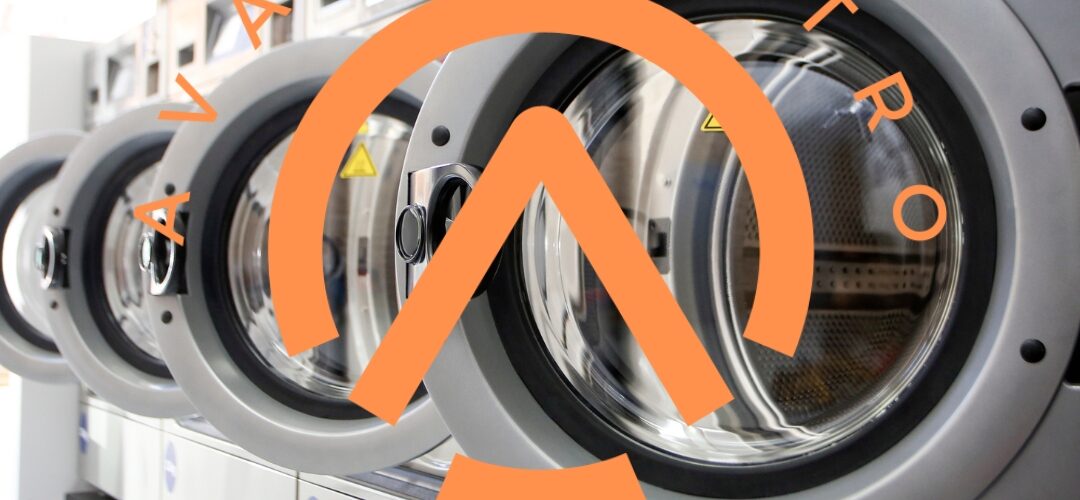The Role of 5 Essential Polymers in Home Appliance Manufacturing
In the ever-evolving world of home appliances, polymers play a pivotal role in enhancing functionality, durability, and aesthetics. These versatile materials have revolutionized the way we design and produce household appliances. In this article, we will delve into the five indispensable polymers used in the manufacturing of home appliances.
Polyethylene, a widely used polymer, finds its place in numerous home appliances due to its exceptional properties. Its low cost, excellent chemical resistance, and ease of processing make it a top choice for appliance manufacturers. PE is commonly used in the production of refrigerator liners, water pipes, and even flexible seals in dishwashers. Its versatility and durability ensure that these appliances stand the test of time.
Polypropylene is another polymer that has made significant inroads into the home appliance industry. Its lightweight nature, high heat resistance, and resistance to moisture make it ideal for applications like microwave oven interiors, dishwasher baskets, and food containers. PP’s ability to maintain its structural integrity at high temperatures ensures the safety and longevity of these appliances.
- Acrylonitrile Butadiene Styrene (ABS)
ABS is a polymer known for its toughness and impact resistance. In the realm of home appliances, ABS is frequently used in the manufacturing of vacuum cleaner bodies, control panel components, and blender housings. Its ability to withstand wear and tear while maintaining an attractive appearance makes it an excellent choice for these applications.
- Polycarbonate (PC)
Polycarbonate is a transparent polymer that boasts exceptional clarity and high-impact strength. It is commonly used in the production of appliance parts where visibility is crucial, such as oven windows and blender jars. PC’s resistance to heat and its optical properties ensure that consumers can monitor the cooking process without compromising safety.
- Polyurethane (PU)
Polyurethane is a versatile polymer that finds its place in the comfort and functionality of home appliances. This material is often used in the production of refrigerator insulation, couch cushions, and even the rollers on washing machines. PU’s ability to provide both comfort and structural support contributes to the overall performance and longevity of these appliances.
In conclusion, polymers are the unsung heroes of the home appliance manufacturing industry. They have enabled manufacturers to create products that are not only functional but also aesthetically pleasing and durable. The versatility of polymers like polyethylene, polypropylene, acrylonitrile butadiene styrene, polycarbonate, and polyurethane has forever changed the way we interact with and rely on our household appliances. As technology continues to advance, we can expect even more innovative uses of these remarkable materials in the appliances that make our lives easier and more convenient.

